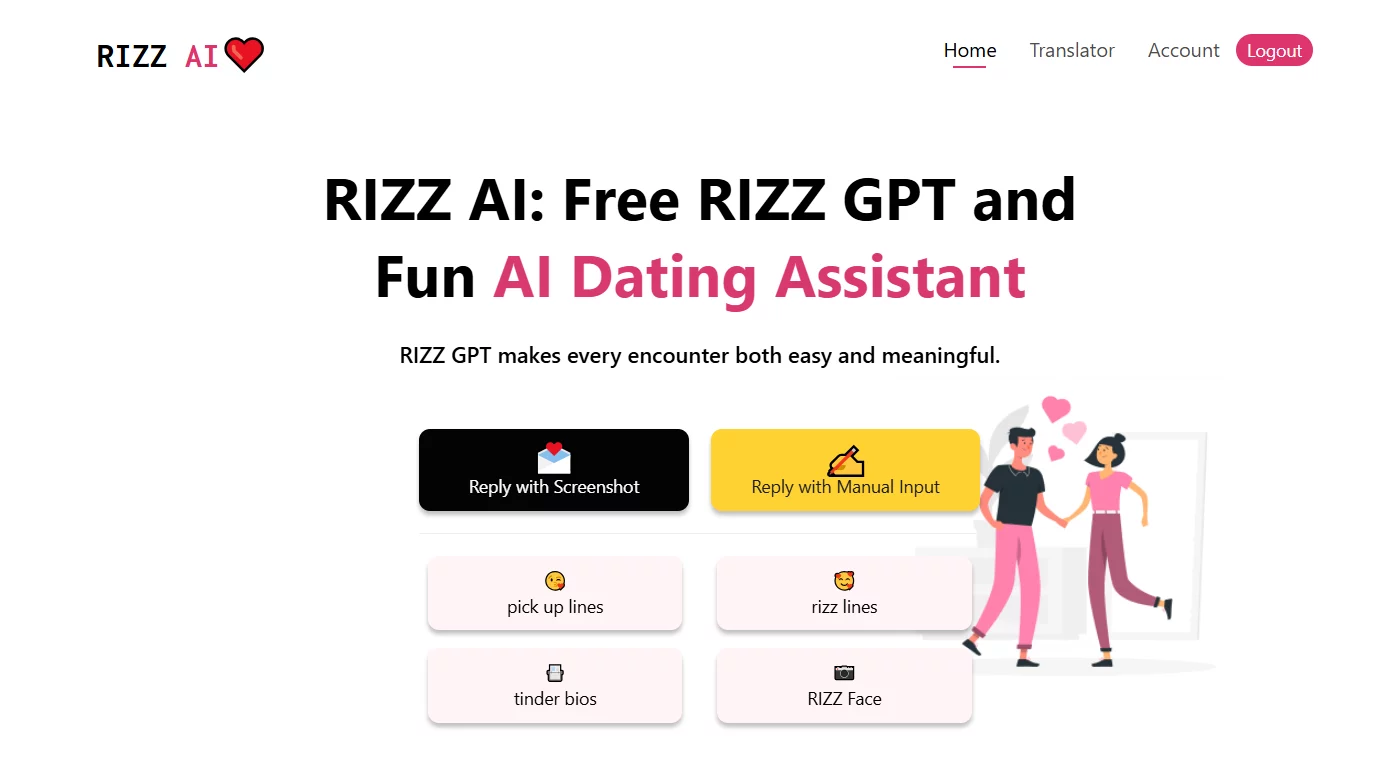A new company named Deep Cogito has unveiled its self-developed series of hybrid AI reasoning models, which are now available for download and API access. Known as the Cogito 1 series, these models can seamlessly toggle between reasoning and non-reasoning modes.
The Cogito 1 series integrates both reasoning and non-reasoning architectures to balance computational efficiency with problem-solving capabilities. The reasoning mode adopts a step-by-step validation mechanism inspired by models like OpenAI's o1, breaking down complex problems into manageable steps. In contrast, the non-reasoning mode focuses on delivering rapid responses to simpler queries. This hybrid approach allows the model to dynamically allocate computational resources based on the complexity of the task at hand.
The series spans parameter sizes ranging from 3 billion to 70 billion, with plans to release an even larger version with 671 billion parameters. Parameter count is a critical metric for evaluating model performance, as more parameters typically equate to greater problem-solving ability. Cogito claims that its models outperform popular open-source alternatives such as Meta's and DeepSeek's offerings within the same parameter range.
Technically, Cogito 1 isn't built entirely from scratch but instead leverages secondary development based on Meta’s Llama and Alibaba’s Qwen models. By employing innovative training techniques, the team achieved modular integration of reasoning functions, enabling the model to switch operating modes as needed. Internal benchmarks reveal that the 70-billion-parameter model performs better than DeepSeek's R1 reasoning model in mathematics and language evaluations when reasoning is enabled. Even without reasoning enabled, it surpasses Meta’s latest Llama 4 Scout general-purpose AI testing model.
All Cogito 1 models are currently accessible through cloud platforms like Fireworks AI and Together AI, where users can either download them directly or utilize APIs. According to the company, the current development process has only used a fraction of the computational power typically required for training large language models. Moving forward, they plan to explore post-training optimization methods to further enhance the models' self-improvement capabilities.
Business registration records indicate that Deep Cogito was founded in San Francisco in June 2024. The core team consists of two former Google engineers: Dhruv Malhotra, who previously worked in DeepMind’s generative search technology division, and Drishan Arora, a former senior software engineer at Google. Backed by investors like South Park Commons, the company aims to develop "general superintelligence" AI systems—technology capable of surpassing most human abilities while uncovering novel use cases yet to be discovered.








